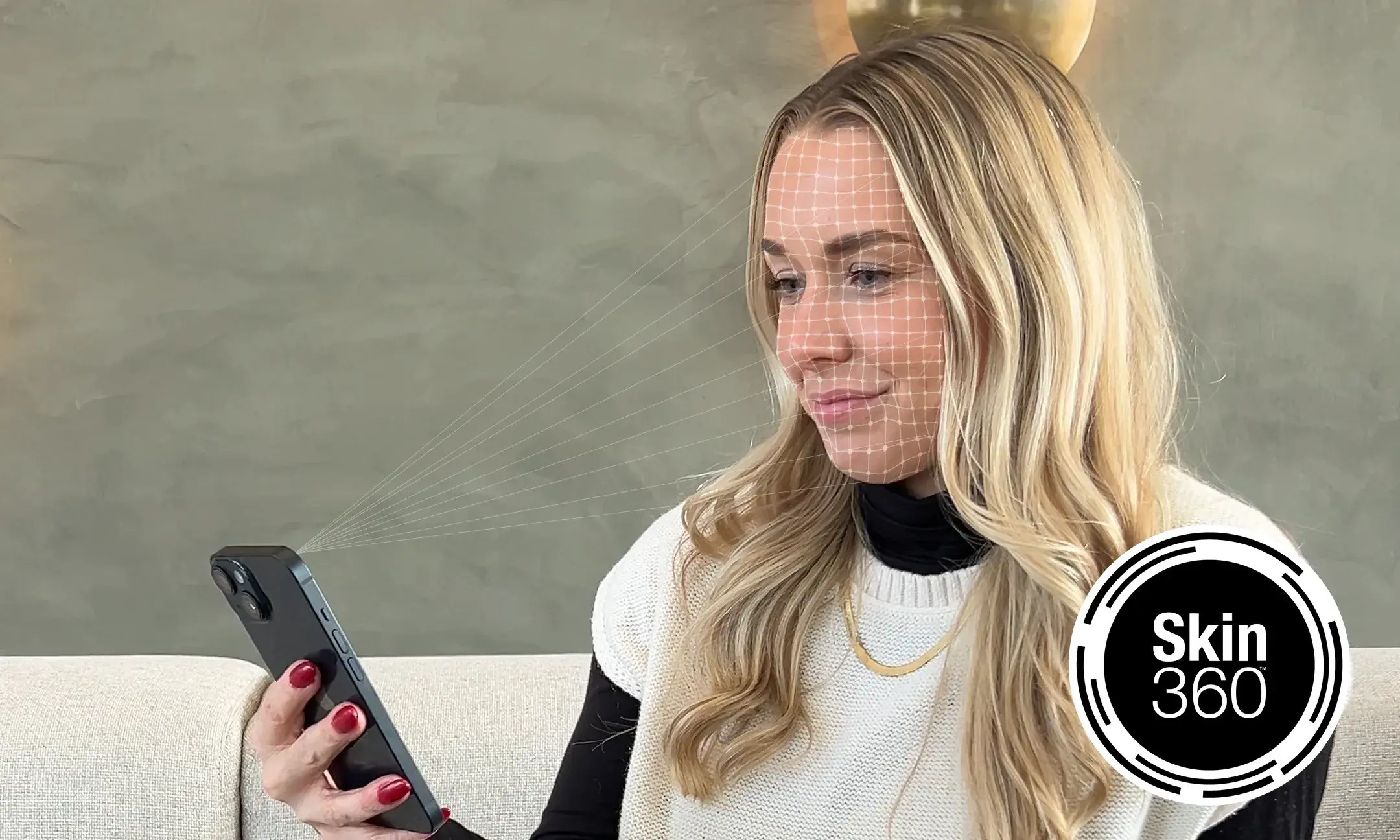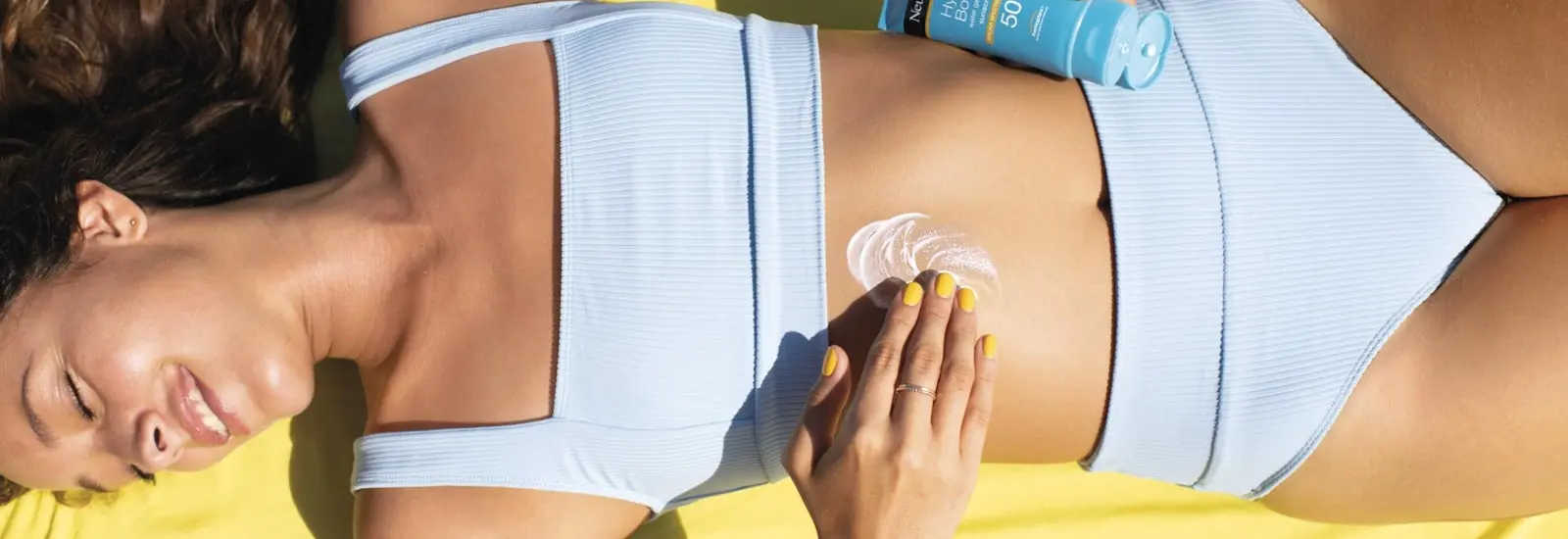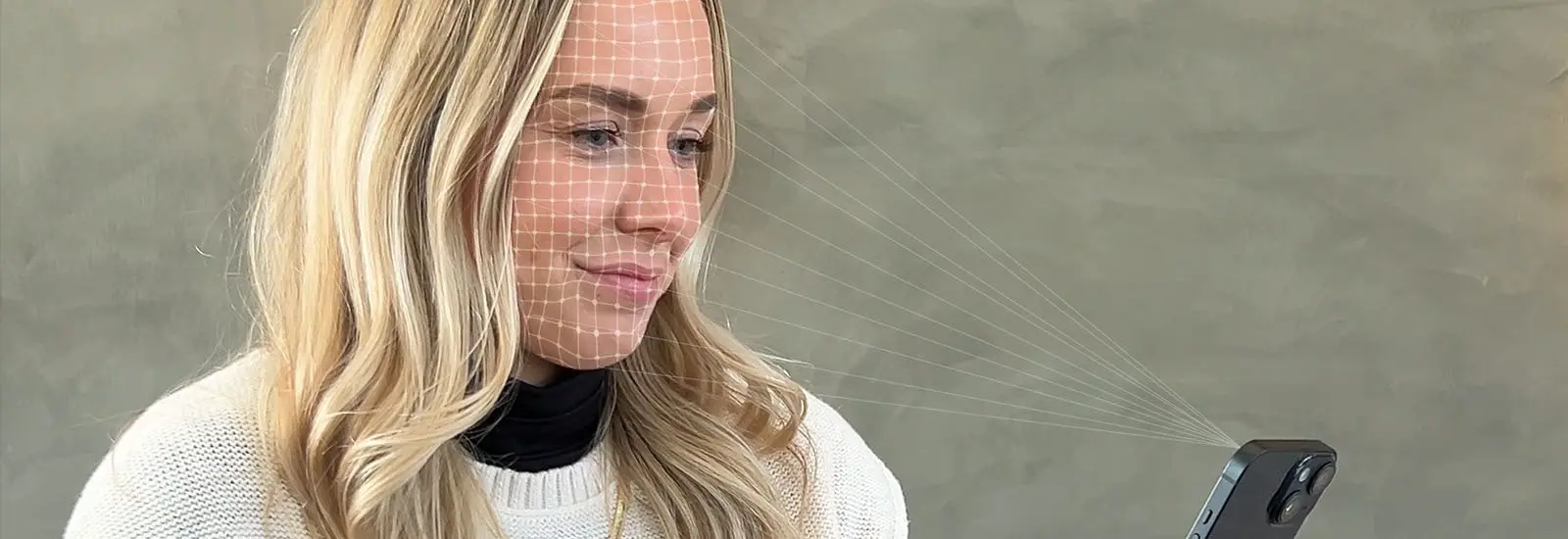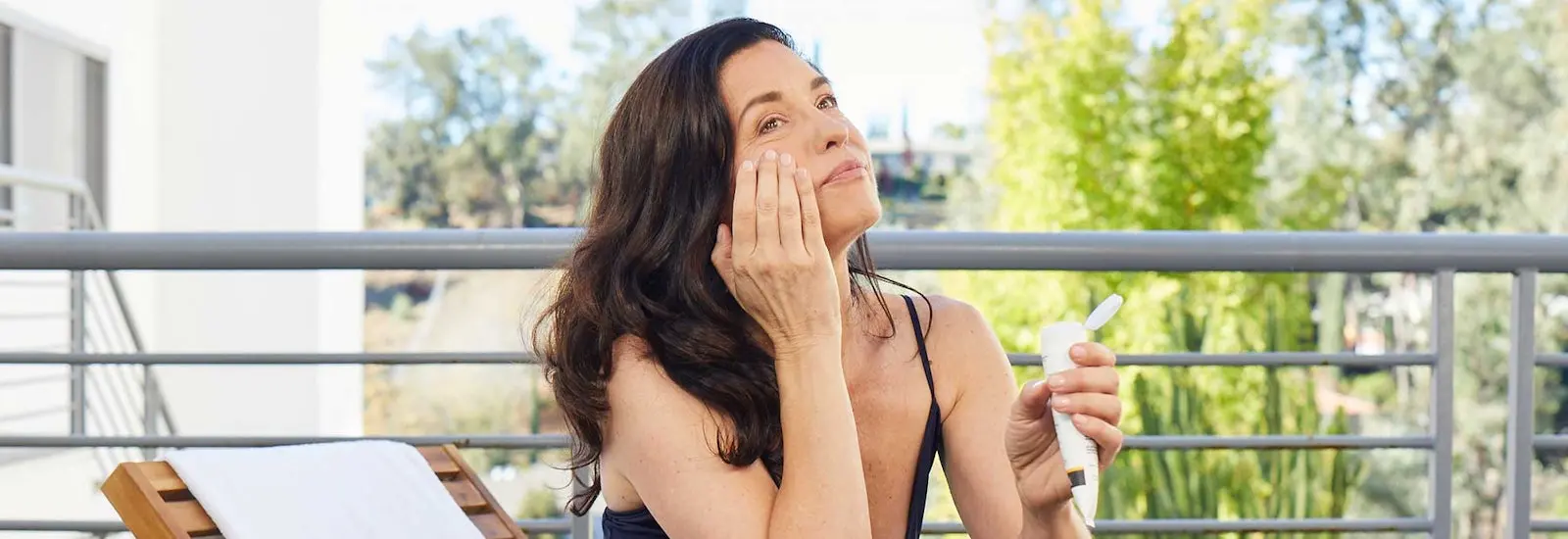We talked about the meanings of UVA and UVB and the effects these delightfully warm but totally harmful rays have on our skin — our body’s largest organ, no less. One of other favorite sun acronyms is SPF. If you’re beginning to think that we love acronyms, you’re not wrong. Anyway! It’s pretty important to have a better understanding of what SPF means and how those numbers on sunscreen bottles actually work.
Here’s what you need to know.
SPF stands for Sun Protection Factor. This is basically how well a sunscreen spray or sunscreen lotion is going to protect you against sunburn.
So how about those numbers like SPF 30 and SPF 50?
This is where it gets a little tricky. The SPF number tells you how much UVB light (those are the ones that cause sunburn) a sunscreen can filter out. Science tells us that an SPF 15 can filter 93% of the sun’s UVB rays. Honestly, that isn’t enough protection. SPF 30 can filter 97% of the sun’s UVB rays. Much better!
If you think you can layer an SPF 30 on top of an SPF 50 for more protection, think again. Try an SPF 70+ for the maximum amount of coverage and protection instead. You can layer an SPF on top of your moisturizer though, and we strongly encourage it. Like, every day strongly encourage it.
Sunscreen, even those higher SPF sunscreens, only last so long. The sun’s rays break it down over time, along with other external factors that we simply can’t control, and cause sunscreen to lose its effectiveness. It’s not a one-and-done thing, so that means you need to reapply it. Our favorite reapplication rules of thumb are:
Every 2 hours (set an alarm!)
After drying off with towel
If you’re sweating (it’s OK, we all do)
After taking a dip in the pool or ocean
As we so strongly mentioned above, a higher SPF is going to offer much better protection than a lower SPF. No matter what SPF you use (ahem, at least 30), they last about the same amount of time. Contrary to popular belief, the higher the number does not mean you can spend more time in the sun without reapplication. Got it?
Good.
Listen, you and your skin will reap the benefits if you take care of it. We never met a person who didn’t like receiving compliments that they looked younger than their real age. You know how they get those compliments? By protecting their youthful skin with sunscreen.





